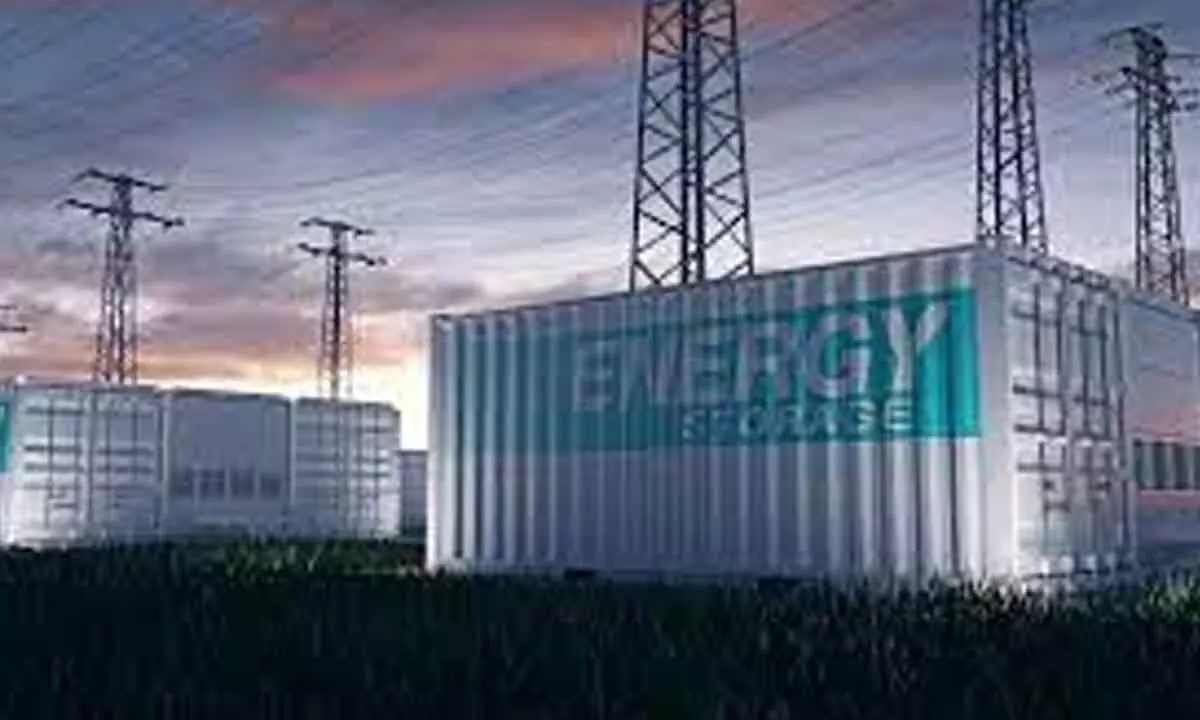Battery energy storage capacity grows 4-fold to 219 MW in Q1
As of March 2023, the overall battery energy storage capacity in India was at 47.6 megawatt hour (MWh): Mercom Capital
image for illustrative purpose

New Delhi: India’s battery energy storage capacity grew more than four-fold to 219 MWh as of March 2024, Mercom Capital said.
As of March 2023, the overall battery energy storage capacity in India was at 47.6 megawatt hour (MWh), the US-based research firm said in its report on Wednesday. Policy measures such as deviation settlement mechanism, grid connectivity regulations, and ancillary services regulations are being issued to ensure efficient renewable integration and grid stability, it said. These measures are driving the demand for utility-scale energy storage, the report titled ‘India’s Energy Storage Landscape’ said. The Viability Gap Funding (VGF) programme aims to install 4 GWh of battery energy storage system (BESS), supported by a budget of Rs 37.6 billion (USD 452 million).
The VGF, energy storage obligations (ESO), and bidding guidelines for energy storage projects -- with or without renewable energy -- are boosting the country’s pipeline of energy storage projects. As per the report, India began adding energy storage capacity in 2013 with small pilot projects, and as of March 2024, the country’s cumulative installed energy storage capacity stood at 219.1 MWh. Of the installed capacity, 120 MWh alone was added in the January-March period this year. Solar photovoltaic (PV) systems, combined with BESS, accounted for 90.6 per cent of the total installed capacity. “India is an emerging market for energy storage, still in the early stages of development.
Despite rapid growth in renewable energy, energy storage has lagged, which could potentially lead to curtailment and a lack of grid flexibility and stability. “To meet energy transition goals and manage the exponential increase in renewable energy, the government must prioritise energy storage to avoid issues faced by other countries with growing intermittent power but insufficient storage capacity,” Mercom Capital Group CEO Raj Prabhu said.


